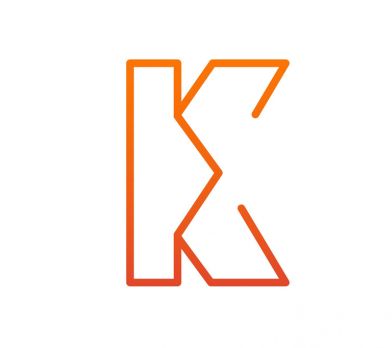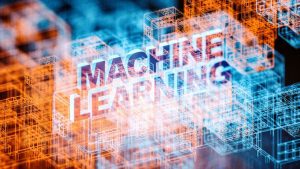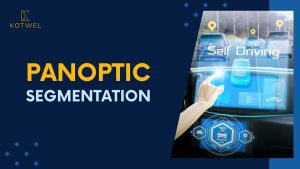Continuous learning in artificial intelligence (AI) is an essential strategy for the ongoing enhancement and refinement of AI models. This iterative process involves experimentation, evaluation, and feedback loops, allowing developers to adapt AI systems to new data, emerging requirements, and changing environments. This article explores the mechanisms of continuous learning in AI development, emphasizing how this approach benefits long-term model performance and adaptability.
What is Continuous Learning?
Continuous learning in AI refers to the process where an AI system is perpetually updated and improved upon through exposure to new data and feedback. Unlike traditional models, which are static after their initial training phase, continuously learning systems adapt to new information without requiring complete retraining from scratch.
Key Components of Continuous Learning
- Data Stream Integration: Continuously integrating new data into the training set allows the AI to learn from recent patterns and trends.
- Model Updating: Incremental updates to the model are made as new data becomes available, which can involve fine-tuning existing parameters rather than retraining the model from scratch.
- Feedback Loops: Systems are put in place to gather feedback on AI performance, which is then used to refine and adjust the model iteratively.
Benefits of Iterative Improvement
- Adaptability: By continuously updating the AI model, developers can ensure that it remains relevant and effective as conditions change over time.
- Efficiency: Incremental learning reduces the need for extensive computational resources that full retraining sessions often require.
- Accuracy: Continuous feedback loops help in identifying and correcting biases or errors in the model, enhancing its accuracy and reliability.
Implementing Continuous Learning
Experimentation
Experimentation involves trying out new algorithms, features, or model architectures to see how they perform with the existing data. This phase is crucial for discovering potential improvements without fully committing to changes.
Evaluation
During evaluation, the changes made during experimentation are assessed to determine their impact on the model’s performance. Common metrics used include accuracy, precision, recall, and F1-score, among others. This stage helps in validating the benefits of incorporating new data or algorithms.
Feedback Loops
Feedback loops are mechanisms by which the model receives information about its performance in real-world applications. This feedback is crucial for understanding the model's strengths and weaknesses. Developers can use this information to make informed decisions about further modifications and enhancements.
Challenges in Continuous Learning
- Data Drift: Models can become less effective over time if the new data significantly differs from the training data (data drift).
- Resource Allocation: Continual learning requires careful management of computational resources to ensure efficient updates without overloading the system.
- Complexity Management: As models evolve, maintaining simplicity in the model’s structure can be challenging but is crucial for ensuring that it remains interpretable and manageable.
In summary, continuous learning is a dynamic approach to AI development that emphasizes the importance of adaptability and responsiveness to new information. By implementing a cycle of experimentation, evaluation, and feedback, AI systems can not only maintain but also improve their relevance and performance over time. This iterative improvement is essential for developing robust, efficient, and reliable AI models that meet evolving demands and challenges.
High-quality AI Training Data at Kotwel
To effectively train and maintain AI models, access to high-quality training data is essential. Kotwel offers a diverse range of AI training data services that provide the necessary resources for AI systems to learn and improve accurately. With Kotwel's services, developers can ensure their AI models are up-to-date, reliable, and well-equipped to meet the challenges of ever-evolving data landscapes.
Visit our website to learn more about our services and how we can support your innovative AI projects.
Kotwel is a reliable data service provider, offering custom AI solutions and high-quality AI training data for companies worldwide. Data services at Kotwel include data collection, data labeling (data annotation) and data validation that help get more out of your algorithms by generating, labeling and validating unique and high-quality training data, specifically tailored to your needs.
Frequently Asked Questions
You might be interested in:
Have you ever wondered how your smartphone effortlessly recognizes faces in your photos or how virtual assistants understand your voice commands? The answer lies in the immense power of machine learning, a technology that allows computers to learn from data. But here’s a crucial […]
Read MoreAre you looking for a reliable partner in data labeling to enhance your AI capabilities? Let’s explore the top data labeling companies that stand out in this critical domain, contributing significantly to the progress of AI technologies. 1. Top Data Labeling Companies Several companies […]
Read MoreHave you ever wondered how cutting-edge computer vision models seamlessly identify and comprehend every element in an image? The secret lies in the technique called image segmentation. In this article, we are not just talking about any segmentation – we’re talking about the revolutionary […]
Read More




